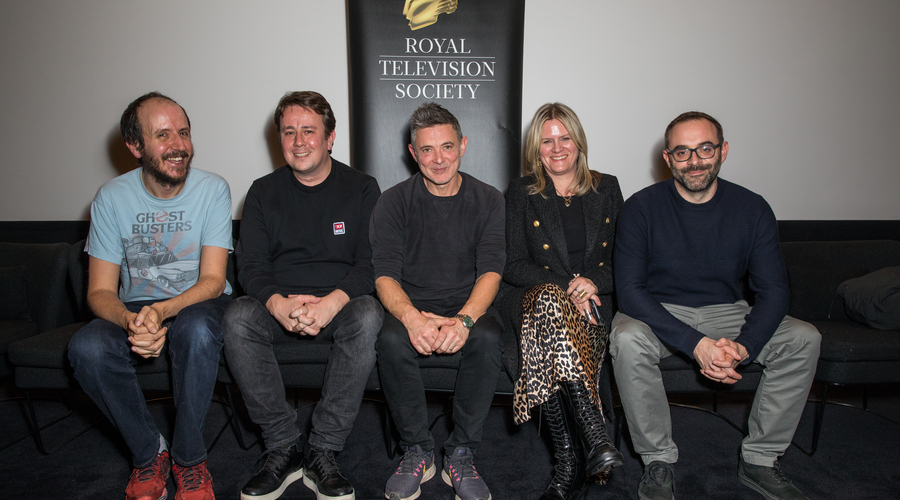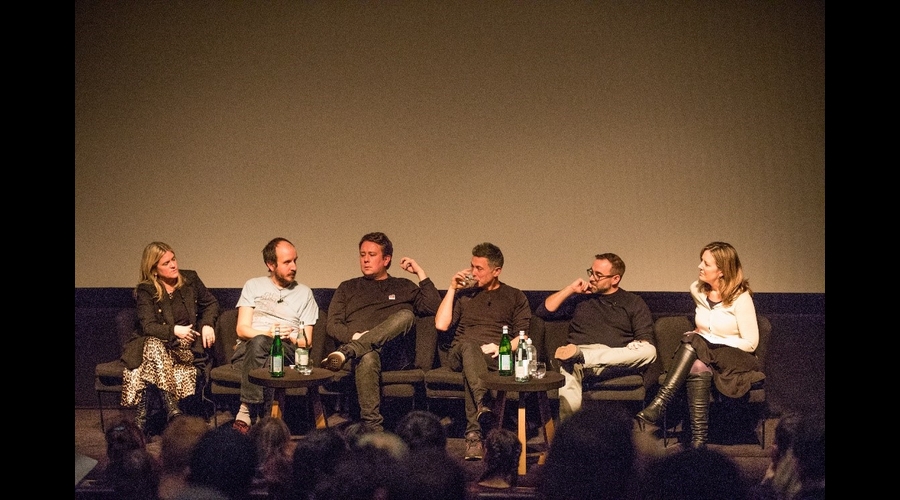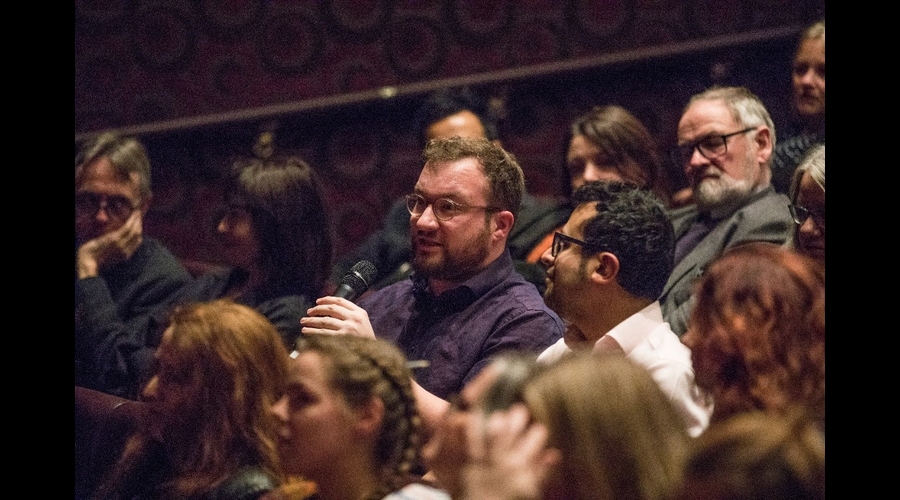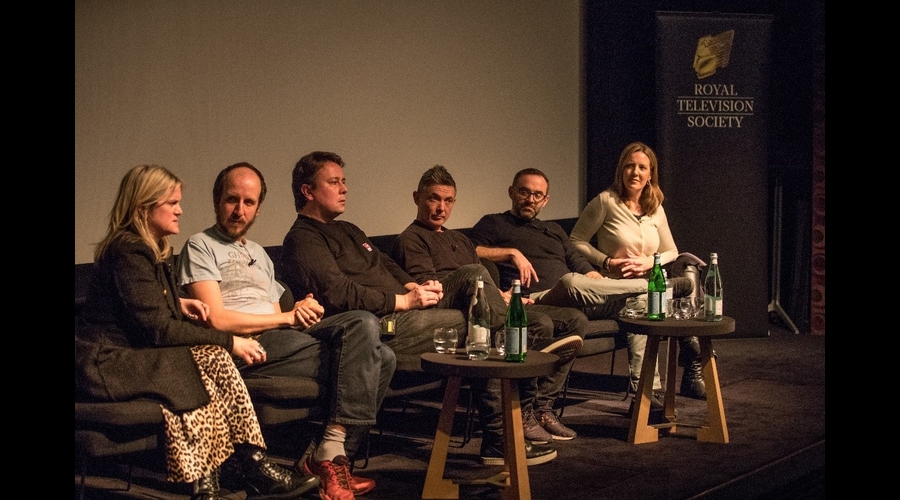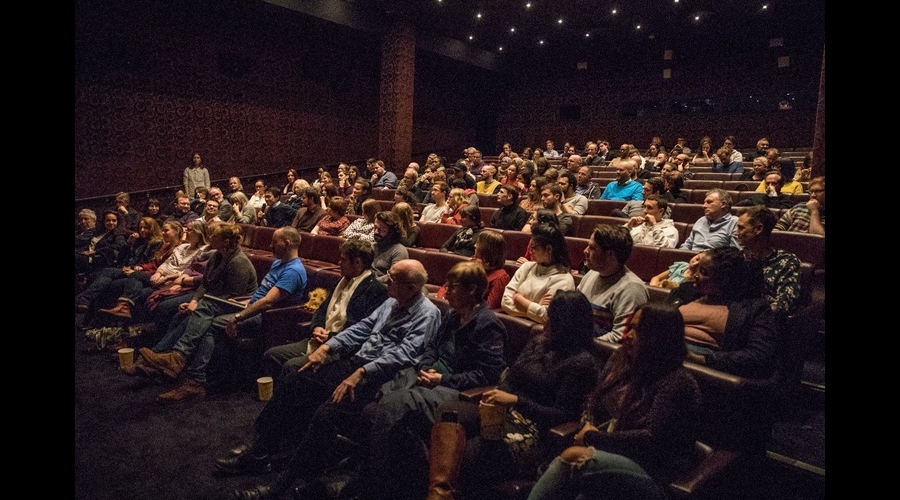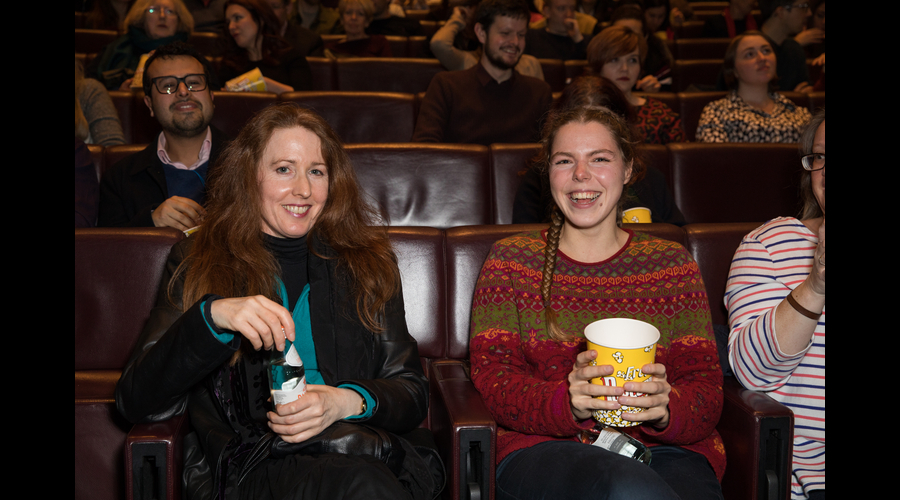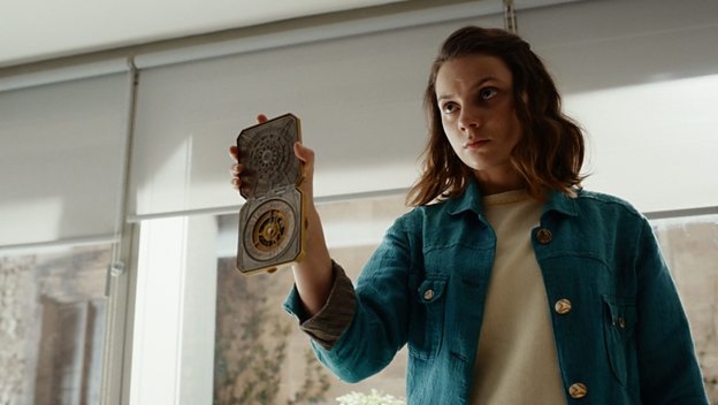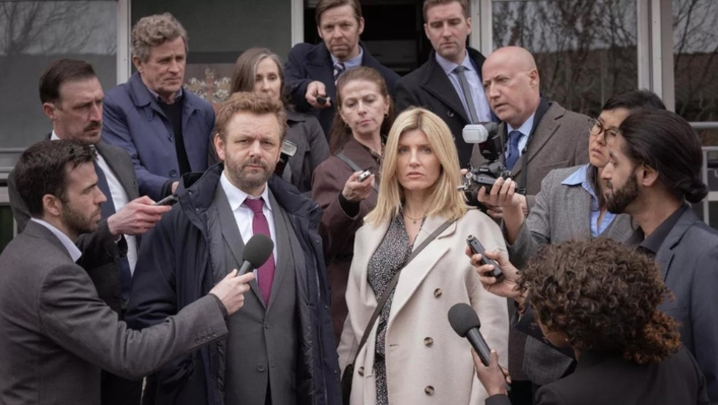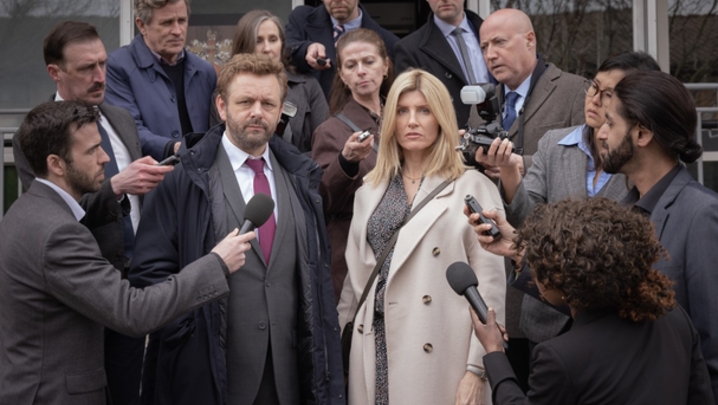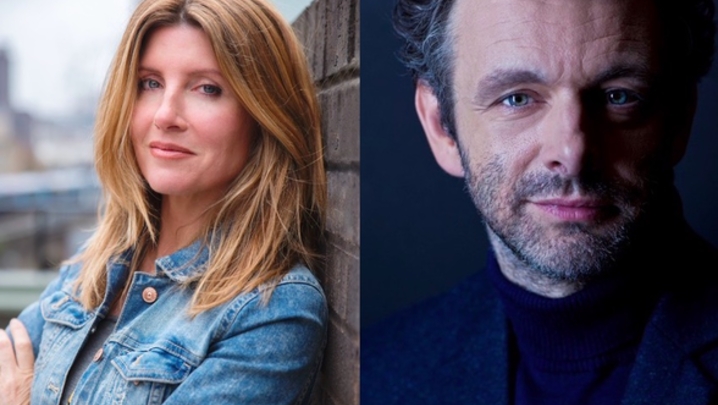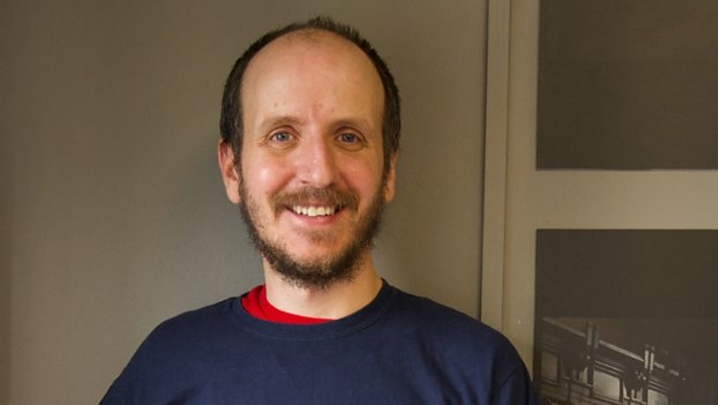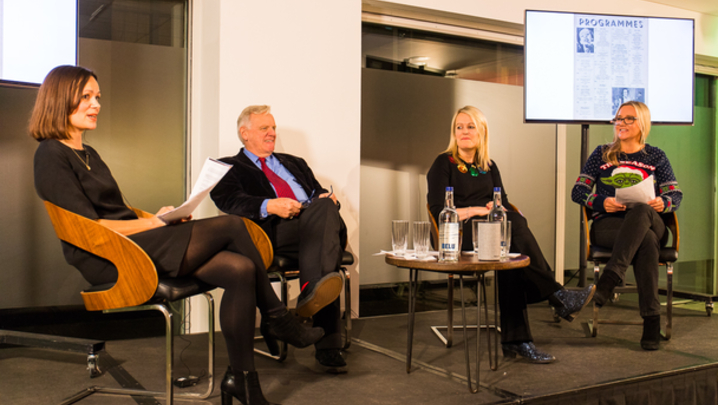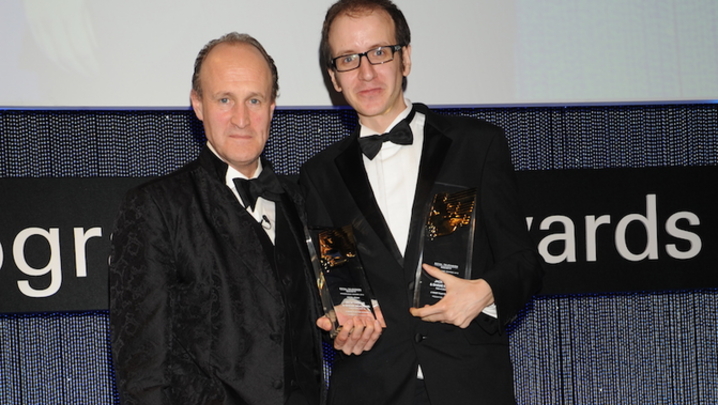If one word could sum up why BBC TV’s ambitious adaptation of Philip Pullman’s His Dark Materials has been so successful that word would be ‘collaboration.’
That was the main takeaway from an RTS question and answer session following an exclusive screening of the final episode of season one.
All five panellists emphasised how working as a team was fundamental to the show, described by one reviewer as “a riveting realisation” of Pullman’s world.
“We did a lot of talking. It’s not me alone at my desk but a lot of people working together,” explained Jack Thorne who wrote the script for His Dark Materials.
“That’s what makes these shows. Largely it was the people on this panel and script editor, Xandria Horton, working out how to do it. Then I’d go away and write it.”
Joel Collins, production designer, acclaimed for his work on Black Mirror, agreed. He said: “I think it’s fair to say there was a group mind on this show. I can’t emphasise enough the importance of the group relationship.
“It’s not as simple as looking at references or sets. A lot of that is down to taste. A show like this involves a very big set of relationships and bags of trust.
“There was a lot of toing and froing. I’d feed Jack the visual information and the scripts would feed back into the visuals. It was a kind of tag team six months before the show was green lit.”
As for the special effects, vital to the success of any fantasy drama, Russell Dodgson, series VFX Supervisor on the show, made it clear that from the beginning working in isolation was not an option.
At the start of pre-production he told his colleagues that the only way His Dark Materials would work was “if you don’t treat us as a vendor that is going to deliver shots.”
He continued: “You let us into the process and get us involved in the script process. Get us in the mix. From day one they were true to their word.
“This meant we could focus on the characterisation of the daemons and do that in a focused way with a lot of trust that allows us to squeeze every penny onto the screen.”
Dodgson added: “In this show there is an unprecedented amount of creature-based special effects without an unprecedented budget. And that is a bit of a game changer.”
After the poorly reviewed feature film, The Golden Compass, released in 2007, many people that that turning His Dark Materials into compelling TV was a mission impossible.
"Game of Thrones showed us what we could do on TV"
But Jane Tranter, whose company Bad Wolf was the driving force behind His Dark Materials, thought otherwise.
She told the RTS that she’d always wanted to adapt the trilogy for TV ever since the first book was published in 1995.
“If you read them, it is not a big step to think we could make this for television. When these books were published TV was way behind feature film,” Tranter said.
When she originally inquired about the rights she discovered they had already gone to New Line Cinema. She felt relieved because she thought the TV series that would have been made then would be a perfectly good BBC TV Sunday teatime series, but her ambitions were greater.
Despite the rights being optioned elsewhere she continued to think of adapting the story for TV. Tranter was encouraged when the film rights weren’t optioned for the second and third books.
“I began to circle like a shark waiting for blood. I was lucky enough to be in LA at the time. A few drops of blood began to appear and I went for it,” she recalled.
The success of Game of Thrones was the decisive factor in taking Pullman’s work and putting it onto the small screen, Tranter noted.
“Game of Thrones showed us what we could do on TV, although I never doubted we could do it because I knew that people like this (pointing towards the rest of the panel) would make it happen. All I had to do was to find them.”
All photography by Phil Lewis
The His Dark Materials RTS screening and question and answer session took place at London’s Mayfair hotel on December 5. The panellists were interviewed by journalist and broadcaster Caroline Frost. A full report will be published in the January edition of Television magazine.

